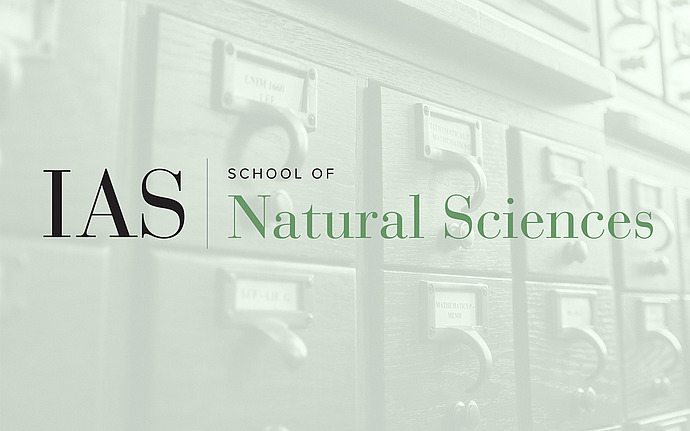
Institute for Advanced Study / Princeton University Joint Astrophysics Colloquium
In search of universality: towards a statistical mechanics of collisionless plasma
Much of existing plasma (astro)physics is done hovering in the vicinity of a Maxwellian equilibrium, which is the maximum point of the standard Gibbs entropy and is achieved dynamically by means of two-particle collisions. In this seminar, I would like to discuss what I believe to be the next frontier for (astro-)plasma theoreticians and attempt to grapple with the fact that many astrophysical plasmas are too collisionless to be Maxwellian (in the sense that their dynamics occur on shorter timescales than interparticle collisions). The central question is then whether there exist universal collisionless equilibria, or classes thereof, and what they are. What is the meaning of entropy in a collisionless plasma? (Similar questions are asked in galactic dynamics, where the collisionless particles are stars.) I will discuss some simple ideas, going back to the work of Lynden-Bell in the 1960s, about the statistical mechanics of a collisionless plasma, leading to a class of universal collisionless equilibria — these are reminiscent of the equilibria of Fermi gases, with phase-volume conservation in a collisionless plasma imposing (an infinite set of) constraints that are analogous to the Pauli exclusion principle. The generalised Lynden-Bell equilibria obtained in this way cover quite a wide variety of distributions — most intriguing perhaps is that they will generically feature power-law tails and might tell us something about “nonthermal” particle energisation. I will then outline a programme for how one might do to this statistical mechanics what Boltzmann did to Gibbs: derive a “collisionless collision integral” that describes the dynamical relaxation of a plasma towards the Lynden-Bell equilibria. It turns out that in order to make progress in this task, one must understand the structure of chaotic fluctuations in phase space. Lynden-Bell-like equilibria are recoverable under some very restrictive assumptions — roughly speaking, when these fluctuations are treated as structurally similar to a thermal noise [arXiv:2201.03376]. In fact, they are more likely to behave like fully-fledged turbulence — with phase mixing (“Landau damping”) and stochastic echoes conspiring to process a constant flux of energy. What universal equilibria (if any) exist against such a background is a topic of ongoing research.
Date & Time
Location
Wolfensohn HallSpeakers
Affiliation
Event Series
Categories
Notes
10:30am Coffee and danishes provided in Bloomberg Hall Common Room.
11:00am Lecture in Wolfensohn Hall (no food or drink allowed).